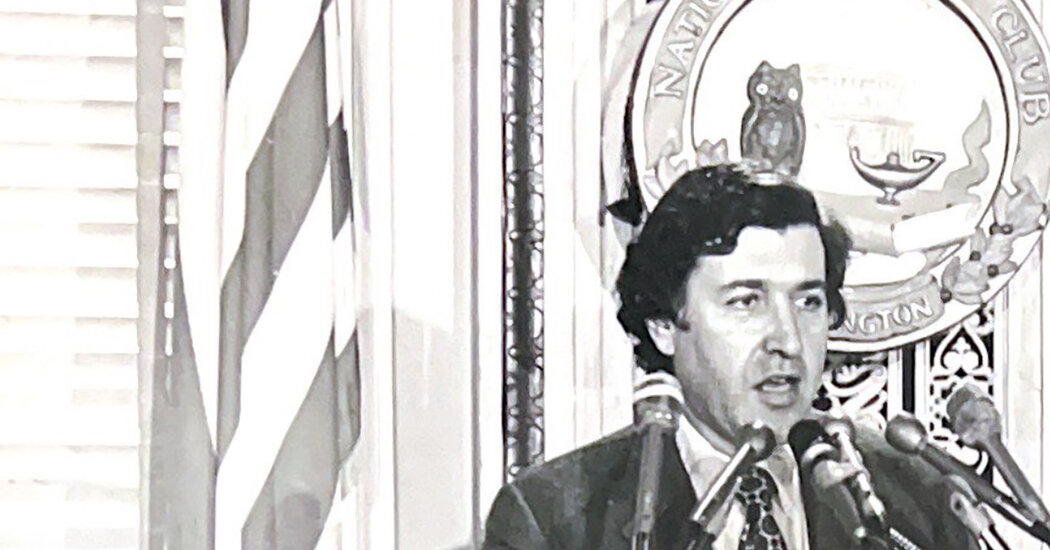
“While it is common for a president’s popularity to increase at a time of national crisis,” he wrote in The Post, “the rise for Reagan appears as sharp as any yet recorded.”
Mr. Sussman left The Post in 1987 to be the managing editor, national news, for United Press International. But he left that troubled wire service after less than a year because of his disagreement with planned staff layoffs.
In 1988, his second book, “What Americans Really Think and Why Our Politicians Pay No Attention,” examined the role of public opinion polls in the American political process.
Barry Sussman was born on July 10, 1934, in Brooklyn. His father, Samuel, was a civil servant, and his mother, Esther (Rosen) Sussman, was a homemaker. After graduating from Brooklyn College in 1956 with a bachelor’s degree, he worked for an advertising agency and spent his spare time as a movie reviewer.
He was hired for his first newspaper job in 1960, at The Bristol Herald Courier, a small daily in Virginia, where in 15 months he rose from reporter to managing editor. The Post hired him in 1965 as an editor on its state and suburban desk. He was named the D.C. editor in 1971.
“He had wonderful instincts and calmness,” said Lawrence Meyer, a former Post reporter who worked under Mr. Sussman. He recalled Mr. Sussman being intrigued one day by a short item in The Post about a contested election in a small town outside Washington.
“He said, “There’s something going on there, go take a look,’” Mr. Meyer said, “and it turned out to be a really interesting story about a cultural, generational conflict reflective of something much larger in the Black community in and around Washington.”




